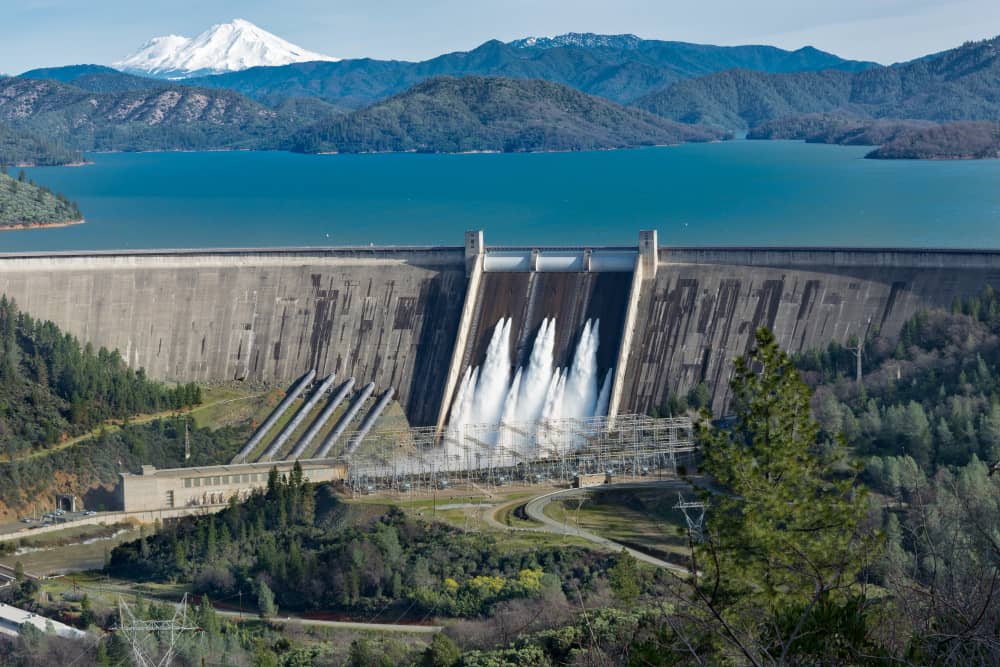
Smart City Solutions for Sustainable Water Management
Introduction – Why Water Management Defines Future Cities
Water is one of the most essential resources for life, yet it is increasingly under pressure from climate change, population growth, and urbanization. Cities are at the heart of this challenge, consuming vast amounts of water for residential, industrial, and environmental needs. Without smart solutions, cities risk water scarcity, rising costs, and environmental degradation.
This is where smart city solutions for sustainable water management step in. By combining digital technologies, innovative infrastructure, and forward-thinking strategies, cities can secure water for future generations while ensuring efficiency and resilience today. At Smart City Strategies and Solutions, we use frameworks like the Smart City Ecosystem™ and Smart City Mandala™ to design integrated approaches that put sustainability at the center. Learn more about our philosophy on our About page.
The Challenges of Water in Modern Cities
Urban water systems face multiple, overlapping challenges:
- Increasing demand from growing populations.
- Aging infrastructure that leaks and wastes water.
- Climate variability, including droughts, floods, and extreme weather events.
- Pollution from industrial and residential sources.
Without intervention, these pressures can lead to water scarcity, higher costs for residents, and risks to public health.

Smart City Solutions for Water Management
Smart Metering and Real-Time Monitoring
Traditional water systems often rely on outdated measurement methods. Smart meters and IoT sensors allow cities to track water use in real time, detect leaks instantly, and optimize distribution networks. This not only reduces waste but also empowers residents with data to manage their own consumption.
AI-Powered Water Distribution
Artificial intelligence and predictive analytics can transform water distribution. By analyzing usage patterns, AI systems can forecast demand and ensure efficient allocation, preventing shortages during peak times while reducing energy consumption in pumping and treatment facilities.
Water Recycling and Reuse Systems
Smart cities promote circular systems. Treated wastewater can be reused for irrigation, industrial processes, and even potable water in some cases. This reduces pressure on freshwater supplies while supporting sustainability goals.
Green Infrastructure for Water Resilience
Beyond technology, nature-based solutions such as green roofs, rain gardens, and permeable pavements help cities manage stormwater sustainably. These solutions reduce flooding, improve water quality, and enhance urban livability.
Citizen Engagement Platforms
Digital apps and platforms allow citizens to track their own water use, receive leak alerts, and adopt conservation practices. Engaging communities is key to making water sustainability a shared responsibility.
Case Study – Barcelona’s Smart Water Network
Barcelona is one of the leading examples of how smart water systems can transform urban resilience. Through IoT-enabled sensors and real-time monitoring, the city reduced water leaks, optimized irrigation in parks, and cut consumption significantly. This model demonstrates how integrating digital solutions into water management can deliver both economic and environmental benefits.
Why Smart Water Management is the Future of Cities
Sustainable water management is not just about reducing consumption—it is about building resilience. By integrating digital tools, green infrastructure, and community engagement, cities can protect themselves against climate risks while improving quality of life.
At Smart City Strategies and Solutions, we believe water is central to a truly smart and sustainable city. Through our Smart City Ecosystem™, we help governments, planners, and technology providers collaborate to create systems that are efficient, sustainable, and future-ready. Learn more about our approach on our About page.
Conclusion – From Scarcity to Sustainability
Cities cannot thrive without secure and sustainable water systems. With smart meters, AI-driven management, recycling, and green infrastructure, the future of water is not scarcity—it is efficiency, resilience, and innovation.
For city leaders and urban planners, investing in smart water management is not optional; it is essential for ensuring sustainable growth and livability.
